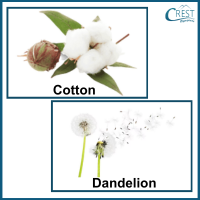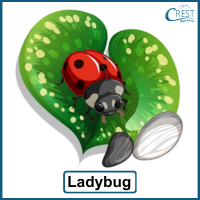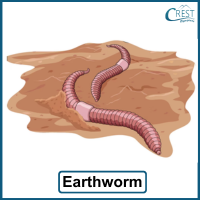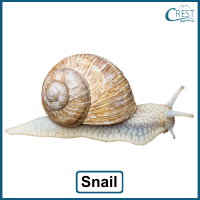1. How are seeds shown in the picture wind adapted for their dispersal?

a) They have sticky surfaces to attach to animals.
b) They have colourful appearances to attract insects.
c) They have hair or wings to float in the air.
d) They have a hard shell to protect them from the wind.
Answer: c) The seeds shown in the picture (cotton and dandelion) are wind-adapted for their dispersal because they have hair or wings. These structures help them catch the wind and float through the air to find suitable environments to grow.
2. You observe a bumblebee buzzing around a flower, moving from one flower to another. What role do you think the bumblebee is playing in this process?
a) It is collecting nectar for its own food only.
b) It is helping the flower grow taller.
c) It is dispersing seeds.
d) It is pollinating the flowers.
Answer: d) The role the bumblebee is playing in this process is pollinating the flowers. As it moves from one flower to another, the bumblebee picks up pollen on its body from the male parts of the flower (stamen) and transfers it to the female parts (pistil) of other flowers.
3. How does water assist in the dispersal of seeds?
a) Water carries seeds through streams and rivers to new places.
b) Water helps seeds float in the air for long-distance dispersal.
c) Water transports seeds by attaching them to animals' bodies.
d) Water provides nutrients to seeds for better growth.
Answer: a) Water assists in the dispersal of seeds by carrying them through streams and rivers to new places. When seeds fall into bodies of water, they can be transported by the current, allowing them to reach different locations far from the parent plant.
4. Which of the following is an example of a pollinator?
a) 
b) 
c) 
d) 
Answer: a) Ladybugs can be important pollinators in certain plant species. They visit flowers in search of nectar and transfer pollen between flowers as they move around.
5. What is the role of pollen in the process of pollination?
a) It helps the flower grow taller.
b) It attracts insects for pollination.
c) It is required to form seeds.
d) It helps the flower produce more nectar.
Answer: c) The role of pollen in the process of pollination is that it is required to form seeds. When pollen is transferred from the male parts of a flower to the female parts, it leads to the development of seeds.






